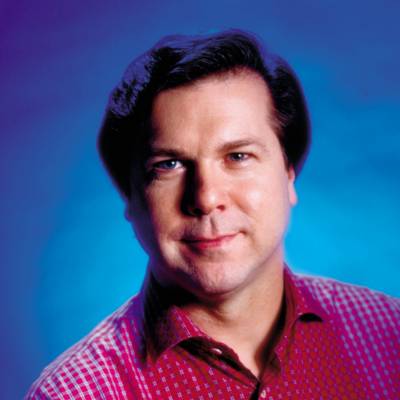|
<< -- 5 -- Tess Crebbin SINGING OUT

TC: Speaking of long operas, there's a lot of text to remember, isn't there?
RDS: I remember it by getting involved with the story. It's just practice, practice, practice, especially if it's a language I am not too familiar with. It's difficult, though, when you sometimes have three or four different pieces to remember. But the music helps us, as singers, by giving us that special emotion, thought, for the words. The music allows the text to have the depth that it does.
TC: Does it sometimes happen that singers put a wrong word in?
RDS: Of course it can. The Meistersinger is notorious for that. There are twelve verses of this prize song that Stolzing sings in the third act, and every bit of text can be interchanged with the rest. Wagner has no pity, in that respect, with the tenor and the text. Luckily, in my case, I have learnt that in such a way that I rarely have problems. Sometimes you can start on a whole wrong verse and it's impossible to get back because everything just fits.
TC: Do you sometimes work with linguists?
RDS: Not in German, or French, or Italian. Russian is where I need help. A linguist coach comes in for that. I don't speak Russian but I have to study it for my roles.
TC: So it's incredibly demanding, being a singer. A lot of people don't realize just what else is required, aside from 'just' singing well.

Robert Dean Smith. Photo © Clive Barda
|
RDS: It's demanding and rewarding. You can put as much demand on yourself as you want. But there is a personal reward that is just as great.
| 
